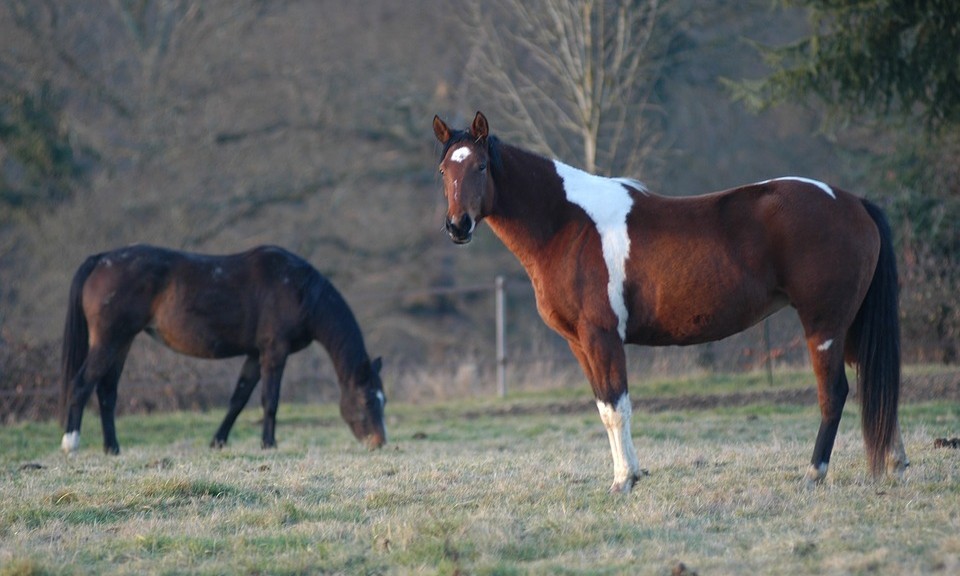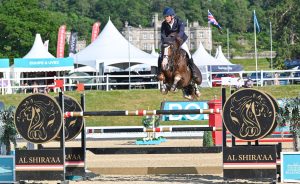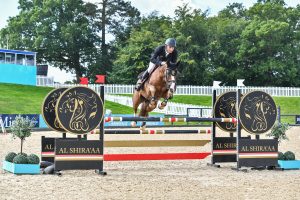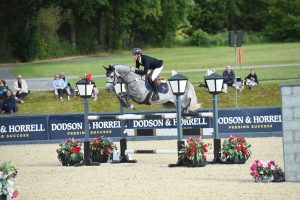A recent outbreak of Neurological EHV-1 in Hampshire resulting in four fatalities to date, has led to multiple temporary yard closures in the area. As this disease affects all areas throughout the year, it seemed important to share the facts surrounding the disease. We sought advice from veterinary professionals to provide you with the most up-to-date information on the virus, its symptoms and the precautionary measures to take should you be concerned that your horse may have come into contact with the virus.
Equine Herpes Virus is one of the most commonly diagnosed diseases in horses worldwide. Almost every horse will have been in contact with the virus at some stage in its life with no serious side effects, it can lay dormant in carrier horses without causing any problems. It is not yet understood what causes some infected horses to develop neurological forms which can be fatal. It is a highly contagious disease particularly affecting younger horses and in-foal mares. It is spread through both direct (nose to nose) contact, indirectly through tack, rugs, feed buckets, owners’ hands, through sharing drinking water where it can survive for up to one month, and airborne through coughing and sneezing. It is therefore vital that the correct bio security procedures are followed to prevent further spread.
The Equine Herpes Virus is a family of different viruses that are closely linked to the viruses that cause cold sores, chicken pox and shingles in humans. The two most common species in horses are EHV-1, which can cause sudden abortion in in-foal mares, respiratory disease and occasionally neurologic disease; and EHV-4, which will cause respiratory disease but only rarely cause abortion and neurological disease where the infection has damaged the spinal cord, in the event of this occurring, its is generally advised that the horse is euthanized on a welfare basis.
Clinical signs of the disease will depend on the form of the disease but can include:
- Fever
- Nasal Discharge
- Depression
- Enlarged lymph nodes
- Loss of appetite
- Abortion
- Loss of bladder and tail function
- Hind limb paralysis
‘If you are concerned that your horse may have come in contact with herpes virus it is extremely important that you place your horse in isolation immediately for 14 days. Stringent bio-security measures are paramount. These include regular disinfection of the surrounding environment and equipment, hand washing, disinfection of boots, removal of outer clothing after seeing your horse and visiting no other horses to avoid direct and indirect contact with other horses. You should notify your vet, who will recommend collection of a blood sample for herpes serum antibody at the beginning and near the end of the isolation period. It can take up to 14 days for a horse to develop antibodies which is why two samples are required for comparison. A nasal swab should also be collected at the end of the isolation period to ensure your horse is not shedding virus. During the isolation period regular monitoring including twice daily rectal temperature recording is essential. A fever is often one of the first signs of herpes infection.’
Beth Robinson
New Forest Equine Vets
It is important to let others know that you have a suspected case of EHV, these people include, other horse owners, vets, farriers and anyone likely to have come into contact with the horse. Only through open communication will we break the stigma surrounding the virus and help prevent the spread of the disease.
Treatment for the virus once confirmed is predominantly supportive care as many antiviral drugs used in humans aren’t effective in horses. The virus is allowed to run its course whilst keeping the horse as comfortable as possible, anti-inflammatory drugs such as bute are often administered and some horses might require intravenous fluids.
The best methods of prevention are the EHV-1 vaccination which is effective against the Respiratory form of the disease which prevents abortion and correct bio-security. There are currently no vaccinations that can prevent the Neurological form of infection. The vaccination is considered ‘risk based’ so for more information on the vaccine, seek veterinary advice. It is most commonly used in breeding mares, but it begs the question, should we be vaccinating against this virus as religiously as we do with flu and tetanus?
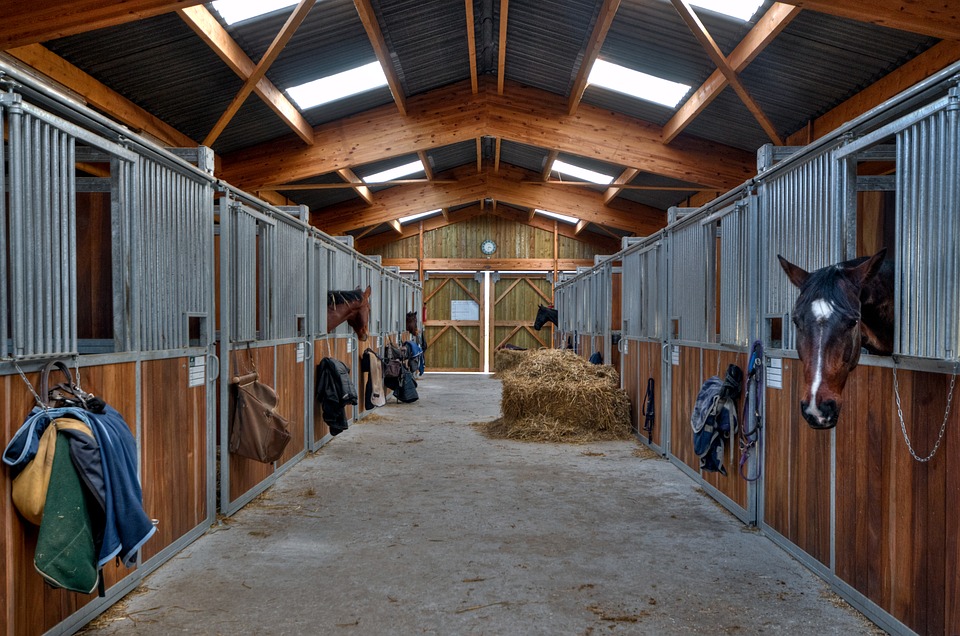
The British Equestrian Federation has issued the following statement regarding the recent outbreak
‘The Federation supports the actions of the centre who have ceased all activity, including cancelling shows and hire bookings until further notice. The Animal Health Trust has issued advice stating that all horses who have recently visited the centre are immediately isolated for a period of 14 days and that owners seek veterinary advice regarding clinical monitoring and laboratory test clearance.’
British Show Jumping stated on 13th January 2020
‘Following the recent outbreak of EHV-1 it is now a requirement that any horse or pony that has been on site at Crofton Manor, Hampshire since the 20th December 2019 is required to have a negative swab and blood test before competing at any British Showjumping show or organised event.’
British Dressage stated on 13th January 2020
‘In consultation with the Animal Health Trust and on the advice provided in today’s British Equestrian Federation update, British Dressage requires members with any horses or ponies who visited Crofton Manor EC between 20 December and 7 January for any reason (training or competition) have them tested by a veterinary surgeon for EHV-1. This is in addition to the originally recommended isolation period of 14 days and daily clinical monitoring. Owners of any horses or ponies who have been to Crofton EC in the specified should liaise directly with their veterinary surgeon on the testing process and advice.’
At this stage, there have been no confirmed cases in horses outside of Crofton Manor. It is only with complete transparency and strict bio security procedures that we can control the spread of this awful disease.
Our thoughts go out to the Centre and the owners of the horses that were sadly euthanised.

